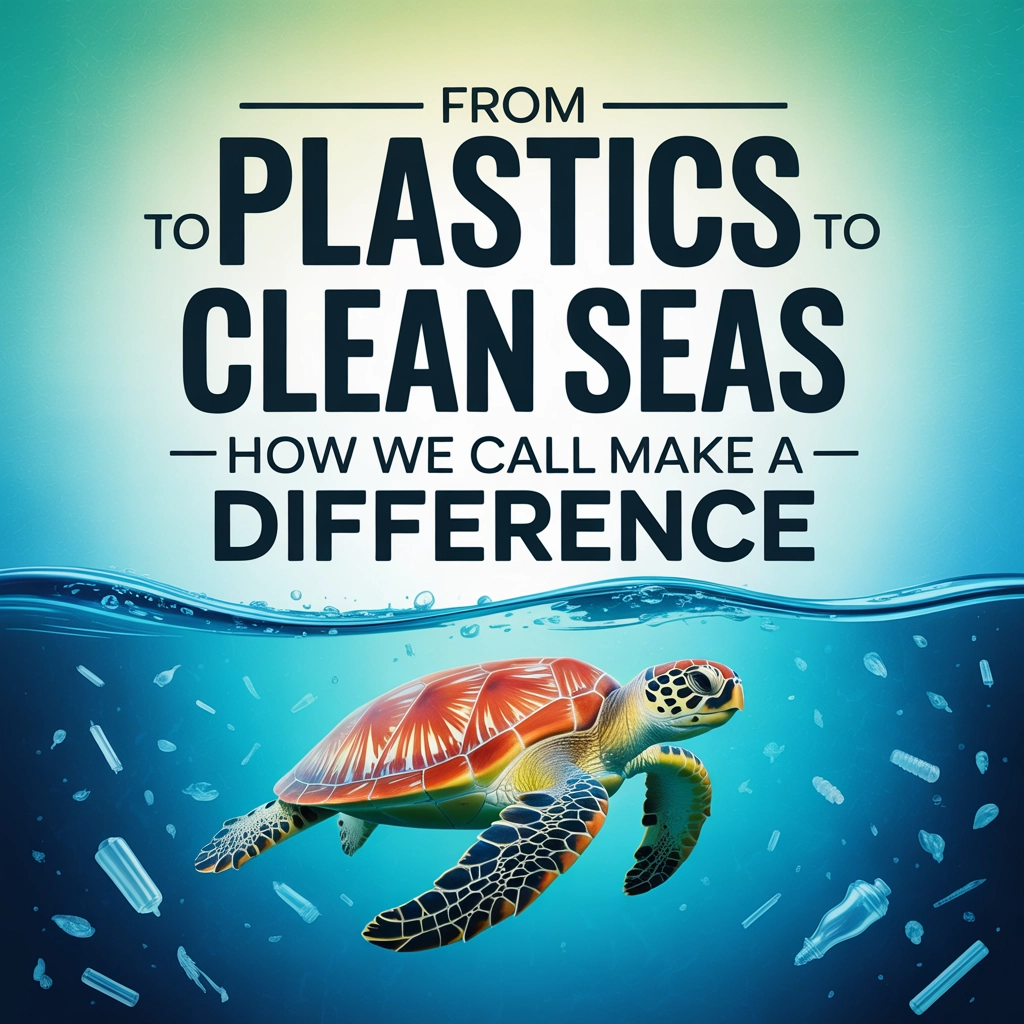
The statistics are staggering: every minute, the equivalent of a garbage truck full of plastic enters our oceans. With 516 million tons of plastic expected to be consumed worldwide in 2025 alone, we're facing an environmental crisis that demands immediate action from every corner of society.
But here's the thing – while the problem feels overwhelming, the solutions are surprisingly within our reach. From the choices we make at the breakfast table to the campaigns that shift public opinion, we all have a role to play in turning the tide against ocean plastic pollution.
The Individual Impact: Small Changes, Big Waves
Let's start with the obvious but often underestimated truth: individual actions create ripple effects. When you choose a reusable water bottle over single-use plastic, you're not just preventing one bottle from reaching the ocean – you're joining a movement that's reshaping entire industries.
The most effective individual actions go beyond simple substitutions. It's about creating new habits that become second nature. Carrying a "plastic-free kit" – reusable bags, coffee cups, water bottles, and even dry cleaning bags – transforms routine activities into environmental victories. A £20 investment in quality reusables can replace hundreds of disposable items throughout their lifetime.

But here's where it gets interesting from a communications perspective: these individual choices become powerful when they're visible. When colleagues see you consistently using reusable items, when friends notice your plastic-free grocery shopping, you're essentially running a micro-PR campaign that influences behaviour without saying a word.
The carbon connection is equally important. Reducing your carbon footprint doesn't just tackle climate change – it directly helps ocean health. Carbon dioxide makes our seas increasingly acidic, destroying coral reefs and marine ecosystems. Simple actions like choosing public transport, switching off unused electronics, and reducing meat consumption create a double environmental benefit.
Organisational Responsibility: Leading by Example
While individual actions matter, organisations have the power to create systemic change at scale. The most forward-thinking companies are discovering that tackling plastic pollution isn't just good for the planet – it's smart business.
Progressive organisations are implementing comprehensive plastic reduction strategies. This means auditing every aspect of their operations, from office supplies to packaging, and finding sustainable alternatives. Some companies have eliminated single-use plastics from their offices entirely, while others are working with suppliers to reduce packaging waste throughout their supply chains.
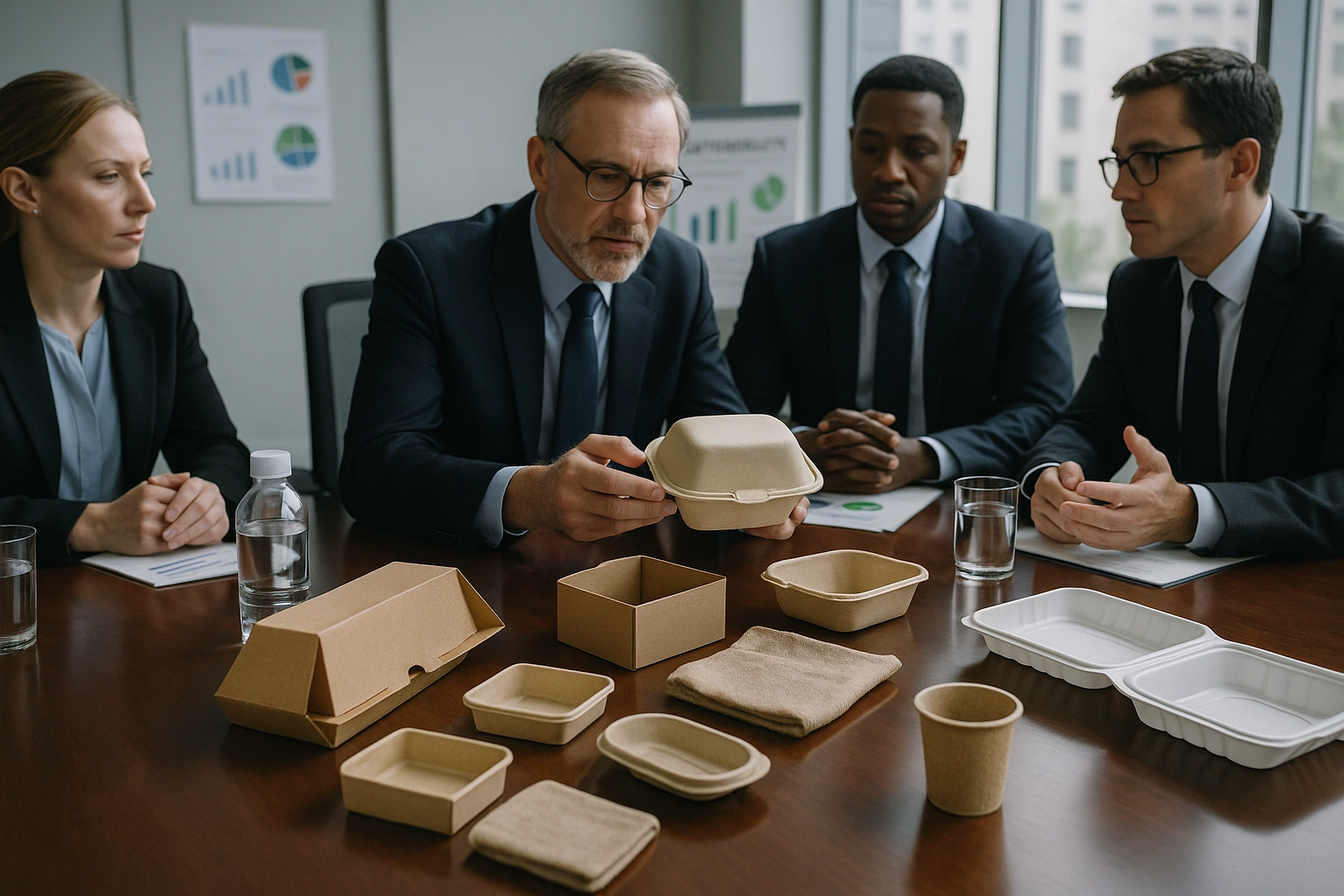
The key is making these changes visible and measurable. Companies that succeed in plastic reduction often set clear targets – like reducing plastic use by 50% within two years – and regularly report their progress. This accountability not only drives internal action but also inspires other organisations to follow suit.
Extended Producer Responsibility (EPR) legislation is pushing companies to think differently about their entire product lifecycle. Smart businesses are getting ahead of these regulations by taking responsibility for their products from creation to disposal, turning compliance into competitive advantage.
The Power of Strategic Communication
This is where PR expertise becomes crucial. The most successful environmental movements aren't just about good intentions – they're about effective communication that changes hearts, minds, and behaviours.
Consider the campaign against plastic straws. What started as awareness-raising about marine wildlife became a global movement that fundamentally changed how we think about single-use plastics. The campaign succeeded because it combined powerful visual storytelling (that viral video of a turtle with a straw in its nose), clear actionable alternatives, and widespread corporate adoption.
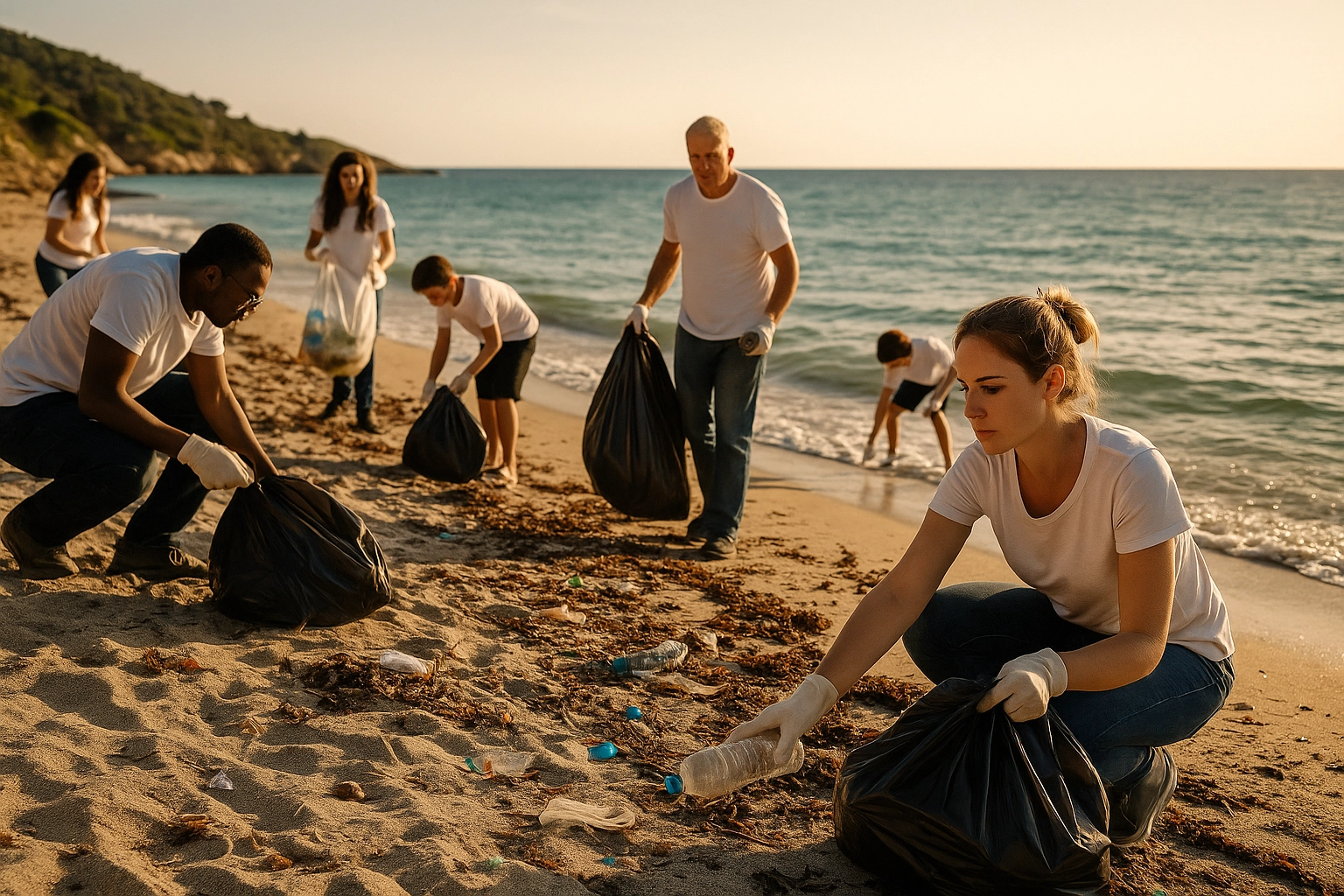
Effective environmental PR campaigns share several characteristics:
Emotional Connection: They make the abstract concrete. Instead of talking about "8 million tons of plastic," they show us the seabird with plastic in its stomach, or our founder's personal favourite, next time you eat half a dozen oysters, remember you're consuming up to 30 pieces of microplastic.
Clear Call to Action: They don't just highlight problems – they offer specific, achievable solutions that people can implement immediately - The move from plastic bags to compostable or reusable ones, McDonalds getting rid of plastic straws, and now the campaign to replace plastic cigarette butts with non-plastic biodegradable alternatives.
Widespread Partnership: They bring together individuals, businesses, and governments around shared goals.
Measurable Impact: They track and communicate progress, showing that change is possible and happening.
World Environment Day 2025's theme, "Ending global plastic pollution," exemplifies strategic environmental communication. By uniting individuals, communities, industries, and governments around a single, clear message ahead of crucial international negotiations for a global plastics treaty, it demonstrates how coordinated communication can drive policy change.
Global Cooperation: The Ultimate Force Multiplier
The plastic pollution crisis transcends borders, which means solutions must be equally global. International cooperation is creating unprecedented momentum for change.
The developing global plastics treaty represents the kind of coordinated international response that environmental challenges require. When governments work together to establish common standards, reduce plastic production, and improve waste management systems, the impact multiplies exponentially.
But global cooperation isn't just about government agreements. It's about sharing innovations and best practices across borders. When researchers at the University of Texas develop enzyme-based processes that break down plastics in 24 hours, or when companies like Mi Terro create water-degradable alternatives to microplastics, these innovations need to spread rapidly worldwide.
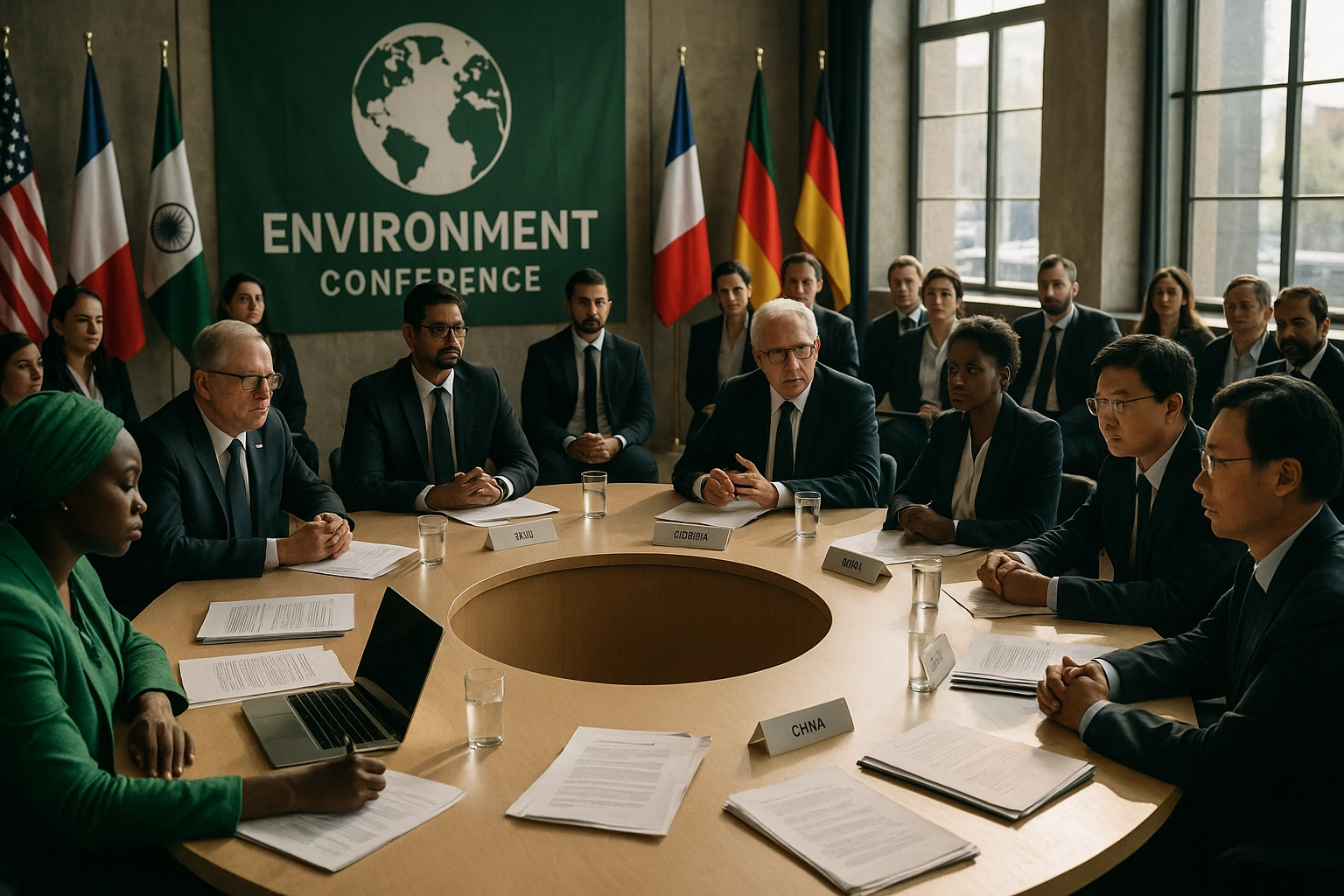
Technology transfer and knowledge sharing are becoming increasingly important. Successful plastic reduction strategies developed in one country can be adapted and implemented globally, creating a cascade of positive environmental impact.
Measuring Success: Communication That Drives Accountability
One of the biggest challenges in environmental communication is making progress visible and tangible. The most effective campaigns don't just raise awareness – they track and communicate measurable change.
Smart organisations and campaigns are using data storytelling to show impact. Instead of abstract statistics, they share concrete achievements: "Our campaign prevented 2 million plastic bottles from entering the ocean this year" or "Our corporate partnership eliminated 500,000 single-use containers."
This approach serves multiple purposes. It demonstrates that individual and collective actions are making a real difference, encouraging continued participation. It holds organisations accountable for their commitments. And it provides evidence for policy-makers about what works and what doesn't.
The Path Forward: Collaboration and Communication
The transition from plastic-polluted seas to clean oceans isn't just an environmental challenge – it's a communication challenge. Success depends on our ability to coordinate individual choices, organisational changes, and policy initiatives around shared goals.
The most promising developments combine technological innovation with strategic communication. Advanced recycling technologies that can process millions of tons of plastic waste need public support and policy backing to scale up. Biodegradable plastic alternatives need consumer adoption to become economically viable. International cooperation agreements need citizen pressure to remain politically sustainable.
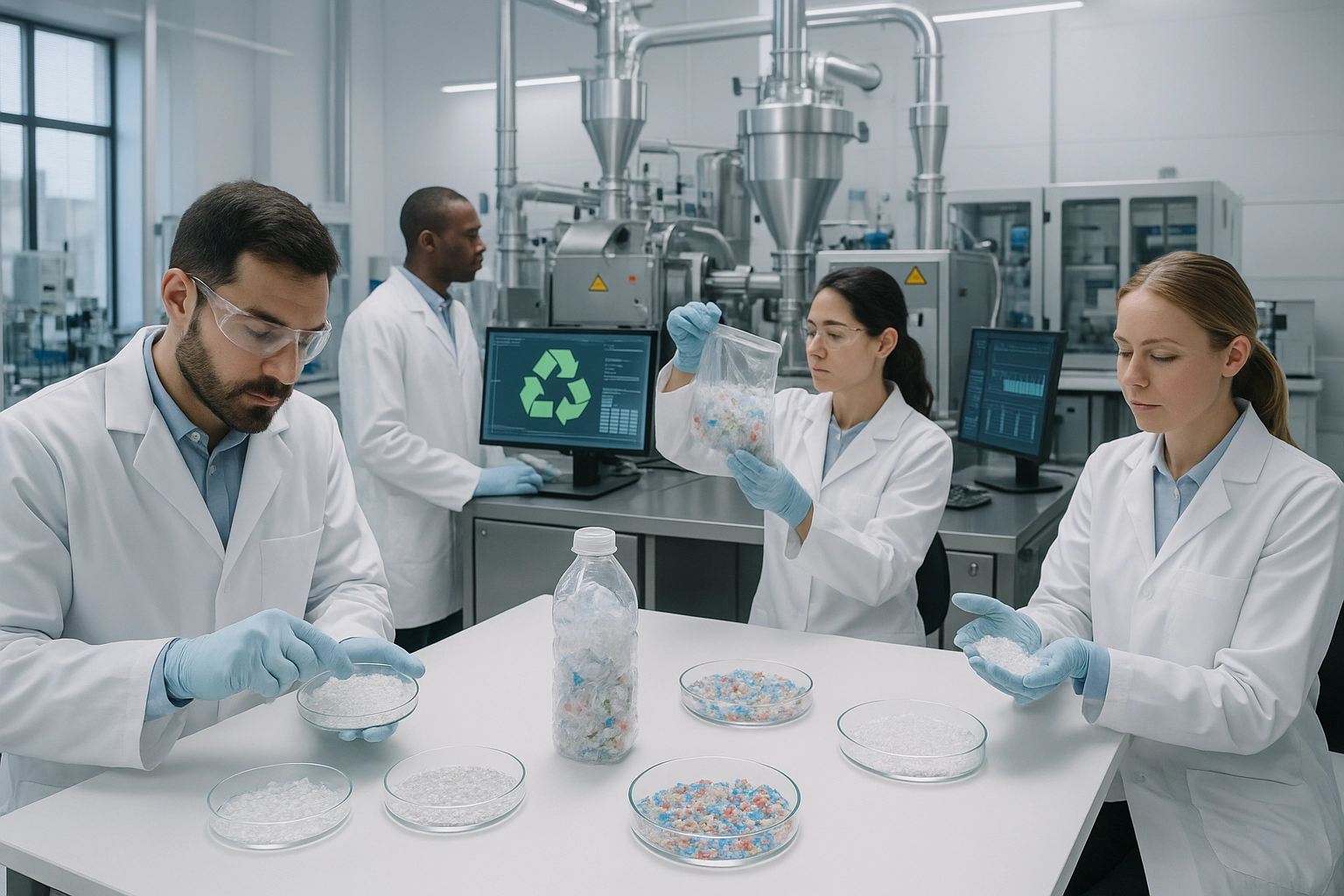
This is where effective PR becomes essential. The organisations and campaigns that successfully drive environmental change understand that facts alone don't change behaviour. They combine compelling storytelling with clear action steps, emotional connection with practical solutions, and individual empowerment with collective impact.
As we look toward World Environment Day 2025 and beyond, the opportunity for coordinated global action has never been greater. The technologies exist, the public awareness is there, and the policy momentum is building. What we need now is the strategic communication that ties it all together – turning individual concern into collective action, corporate responsibility into industry transformation, and global cooperation into lasting environmental protection.
The journey from plastics to clean seas isn't just possible – it's happening right now thanks in no small part to groups like Ocean Clean Up. And whether you're making personal choices, leading organisational change, or crafting the campaigns that inspire others to act, you're part of a movement that's already making waves.
